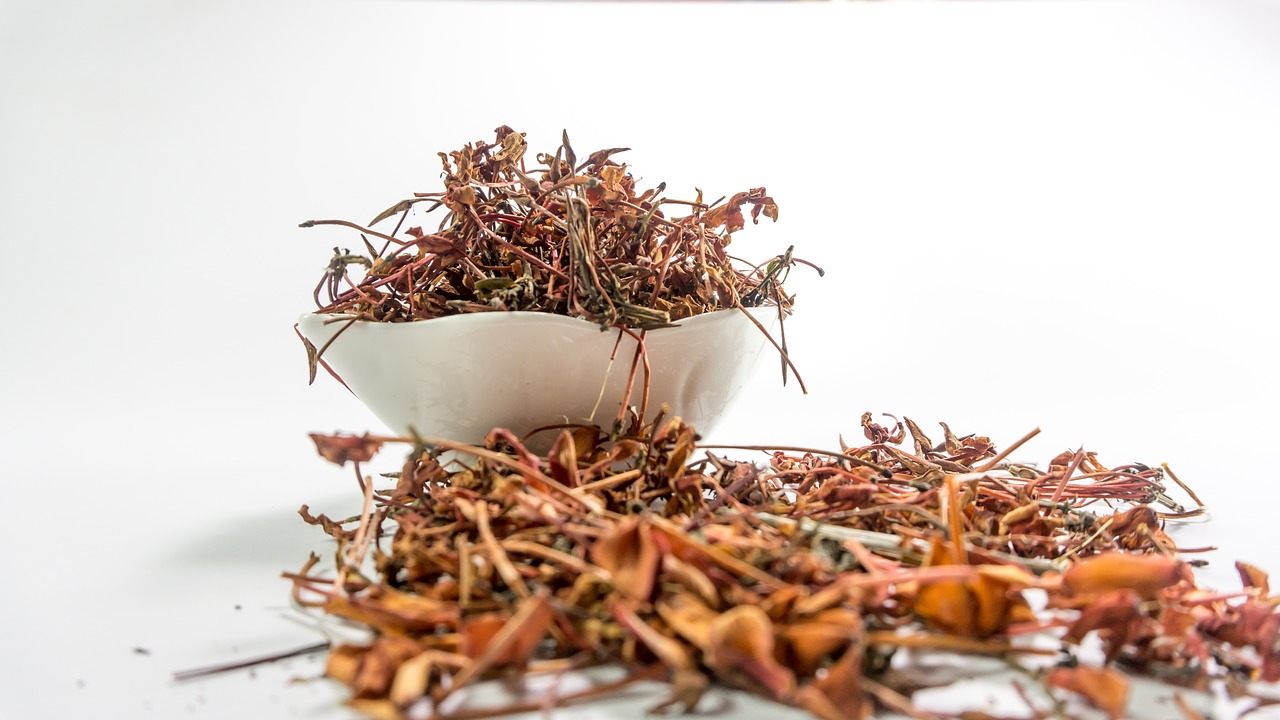According to Ayurveda, diabetes is a metabolic ‘kapha’ type of disorder in which the diminished functioning of ‘agni’ tends to lead to high blood sugar. While modern medical science categorizes diabetes as progressive degenerative disorder, Ayurveda describes diabetes as digestive disorder.
Ayurveda recognizes twenty four forms of the disease commonly classified under ‘Prameha’ (diabetes) -four are due to ‘vata dosha’, six due to’ pitta dosha’, and ten are caused by ‘kapha dosha’.
The main causes of the diseases are fat, urine and ‘kapha’ build-up due to foods, liquids, lifestyles and others. Ayurveda defines diabetes as the disorder of digestive system. When you have diabetes, carbohydrates you consume are converted to glucose, however, since there is a dearth of insulin produced by the pancreas, or there is insulin resistance in the body, glucose is unable to convert into energy, thus it runs to the blood stream and sugar level in your blood increases.
Ayurveda treats diabetes using a multi-prong approach. Firstly, the diet is modified by eliminating sugar and simple carbohydrates, and emphasizing more on complex carbohydrates, vegetables for instance. The diabetic diet restricts too much consumption of protein. When you have diabetes, your kidneys cannot function properly, therefore, when you consume more protein, there will be extra load to the kidneys. Ayurveda also recommends eating less fats. Since the body develops insulin resistance, pancreatic enzymes cannot digest fats.
The first treatment step for diabetes according to Ayurveda is diet modification and the second step is detoxification. Ayurveda recommends cleansing various internal organs. Panchakarma therapy is typically used for this purpose. This includes ‘abhyang’ (herbal massages); ‘swedan’ (herbal steam), ‘virechan’ (herbal purgation), ‘basti ‘(herbal enema), etc. this is given to first cleanse the digestive tract, and then to reconstitute the system. The third step of diabetic treatment is botanicals.The most important herbs for diabetes are shilajit, gudmar, turmeric, neem, amla, guggul, arjuna, methi, bilva, bitter gourd, triphala, gokshura, vidanga, asan and jamun (rose apple).
The fourth step of diabetic treatment is physical exercise. Ayurveda recommends yoga asanas and pranayama as a physical training method to cure and treat diabetics.
When you are diagnosed with diabetes, modern medicine recommends taking diabetic medication such as metformin along with exercise and a healthy diet that includes avoiding starchy foods and saturated fats. As long as you follow this regime, your blood sugar levels will be under control. Modern medicine such as metformin can control your blood sugar levels, however, your diabetes will not be cured. However, the Ayurvedic approach to diabetic treatment is reversing your diabetes. In other words, Ayurveda suggests herbs and herbal formulations for curing diabetes completely. Ayurveda also recommends certain herbs and spices that help in reversing diabetes. Ayurveda uses fenugreek seeds, cinnamon, periwinkle flower/leaves, blueberries, bitterguard etc to manage blood sugar levels. Numerous clinical studies have been performed to see whether these herbs and foods have any benefit in diabetic patients. It was discovered that the herbs and foods recommended by Ayurveda not only improves pancreatic functions, but also improve insulin resistance in the body thus reversing diabetes.
In Ayurveda, several herbal preparations are mentioned for diabetes, like Vasantkusumakar ras, which is very effective but is extremely costly, whereas a preparation like Chadraprabhavati is called poor man’s remedy. Other Ayurvedic preparations such as Vijaysar Churna and Gokshuradi guggul are also used.
In diabetes, it is advised to follow the kapha pacifying diet, avoid excess intake of sweets, carbohydrates and dairy products, and eat more fresh vegetables and bitter herbs. Other useful foods include roasted or fresh barley, barley porridge, bitter vegetables, amla (Indian gooseberry) juice, etc.
Other Ayurvedic methods to treat diabetes include strenuous exercises, oil massage, steam waist bath and copper water, i.e., put one cup of water into a copper vessel at night and drink the same in the morning. A morning and evening walk will also help.
Herbal Formulation to Reverse Diabetes
Here are some simple Ayurvedic herbal formulations that you can make at your home and cure your diabetes.
Soak one table spoon of fenugreek seeds in a glass of water over night. The next morning drink the water and eat the soaked fenugreek seeds.
Make cinnamon tea by boiling one tea spoon of cinnamon powder and drink the tea every day.
In two glasses of water boil 1 teaspoon of cinnamon powder, 1 teaspoon of fenugreek seed powder, 1 teaspoon of turmeric powder, 3-4 tulsi (holy basil) leaves, 2 cloves, and 2 cardamoms until water is reduced to one glass. Strain and drink the mixture in the morning in an empty stomach.
Alternatively, you can also chew and swallow 3-4 periwinkle, neem or tulsi leaves in the morning every day.
Conclusion
While herbal formulations recommended by Ayurveda can not only control your blood sugar levels but also reverse your diabetes, it might take a long time to manage your diabetes with herbal formulations. For faster result, you will be required to follow a diabetes friendly diet and perform a regular yoga exercise. When herbal medicines are combined with yoga (moderate exercise) and diet (low carb diet), you will be able to reduce blood sugar levels substantially in a couple of weeks.

I am diabetic and I would like to treat my conditions through ayurvedic treatment.